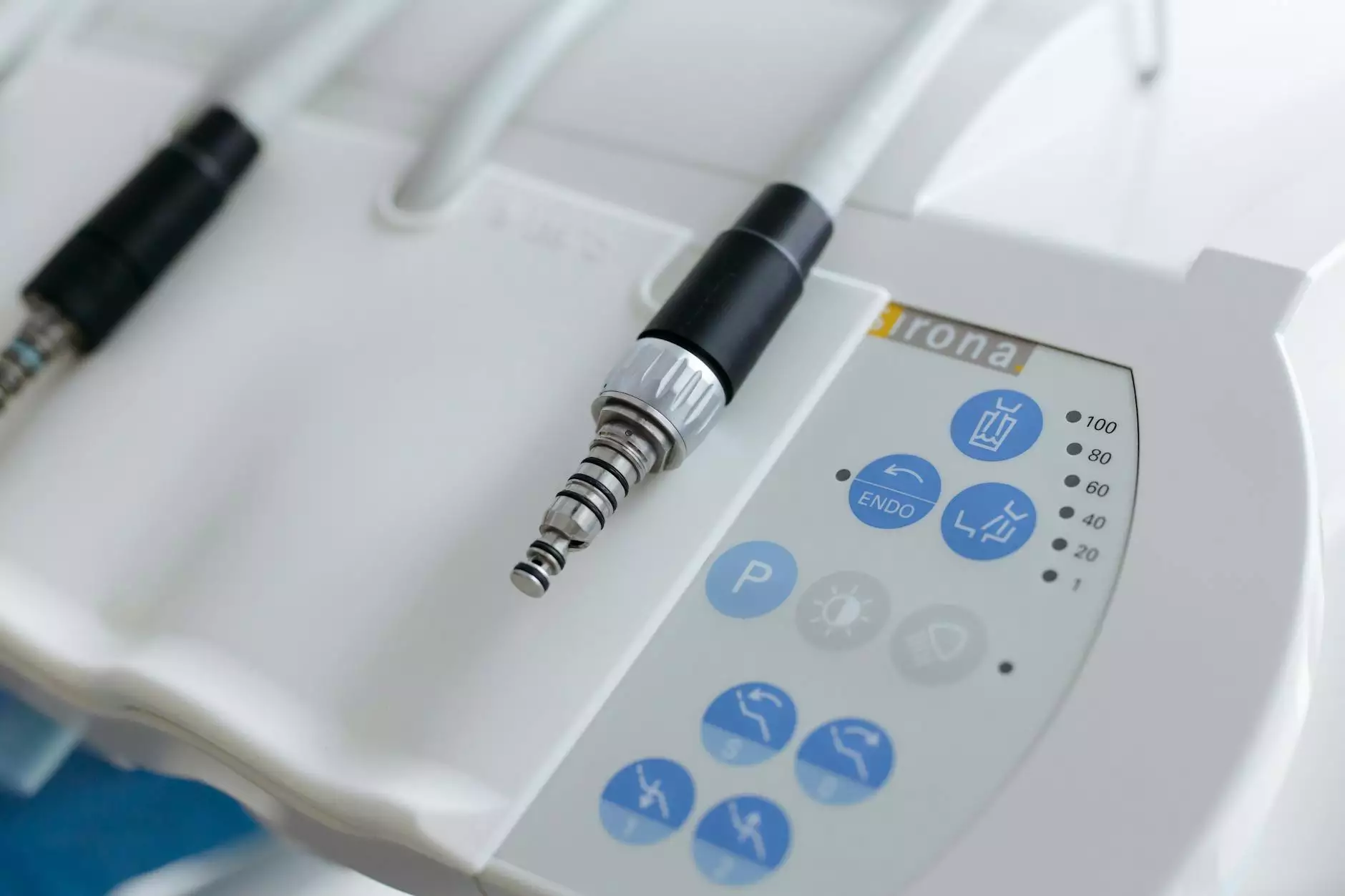The Importance of PFAS Water Filters for Clean Drinking Water

Water is an essential component of life, and ensuring its purity is a critical responsibility we owe to ourselves and future generations. Contaminants such as PFAS (per- and polyfluoroalkyl substances) pose significant health risks, making the need for effective water purification solutions, such as PFAS water filters, more crucial than ever. In this comprehensive article, we will explore the implications of PFAS in our water supplies, the science behind PFAS water filtration, and why you should consider investing in these vital systems for your home or business.
Understanding PFAS: What You Need to Know
PFAS are a group of human-made chemicals that have been used since the 1940s in a wide range of industries and consumer products. They are often referred to as "forever chemicals" due to their ability to resist degradation, which means they can persist in the environment and accumulate in human and animal bodies over time. Some common applications of PFAS include:
- Water-resistant fabrics – such as those used in outdoor gear and clothing.
- Non-stick cookware – notably made with Teflon.
- Stain-resistant carpets and upholstery.
- Food packaging – including fast-food wrappers and microwave popcorn bags.
While PFAS are effective in various applications, they have been linked to serious health issues, including cancer, liver damage, low birth weight, and immunotoxicity, raising alarms about their presence in our water supply.
The Health Impact of PFAS Contamination
The emergence of scientific studies has revealed the alarming extent of PFAS contamination in drinking water. According to the U.S. Environmental Protection Agency (EPA), levels of PFAS have been detected in the drinking water supplies of millions of Americans. Given the potential adverse health effects, it’s imperative to understand the risks associated with consuming PFAS-laden water.
Health Effects: Research indicates that exposure to PFAS can lead to:
- Increased cancer risk – particularly kidney and testicular cancers.
- Thyroid gland dysfunction – potentially disrupting hormonal balances.
- Impacts on fertility – which can lead to reproductive problems.
- Immune system effects – potentially reducing vaccine efficacy in children.
Given these risks, the necessity of a robust water purification system becomes clear, especially for households relying on municipal water sources or private wells near industrial sites or military bases.
Why You Need a PFAS Water Filter
With the growing awareness of PFAS-related health risks, many individuals and families are seeking effective filtration solutions. A PFAS water filter can provide peace of mind by effectively removing these harmful contaminants from your drinking water supply.
Benefits of Using a PFAS Water Filter
Investing in a PFAS water filter provides numerous advantages, including:
- Enhanced Water Safety: Filters specifically designed to remove PFAS contaminants result in cleaner and safer drinking water.
- Improved Taste and Odor: PFAS can affect the taste and smell of your water. Filtration improves its sensory quality.
- Compliance with Regulations: Stay ahead of potential regulatory measures by using a filtration system that meets or exceeds current standards.
- Increased Home Value: Prospective buyers may view homes equipped with water filtration systems as more appealing.
How Do PFAS Water Filters Work?
PFAS water filters utilize various techniques to eliminate these stubborn chemicals effectively. Here are some common filtration methods:
1. Activated Carbon Filtration
Activated carbon filters are one of the most widely used methods for reducing PFAS levels. The porous nature of activated carbon allows it to adsorb contaminants from water. While this method can effectively capture many PFAS, it is essential to select high-quality activated carbon filters that are specifically tested for PFAS removal.
2. Reverse Osmosis (RO)
Reverse osmosis systems use a semipermeable membrane to remove contaminants from water. This method is highly effective at reducing PFAS levels, often achieving over 90% reduction. The process involves pressurizing water through the membrane, which traps larger molecules, including PFAS, while allowing clean water to pass through.
3. Ion Exchange Technology
Ion exchange filters work by replacing PFAS ions in water with less harmful ions. This method can be quite effective in reducing certain types of PFAS, particularly long-chain varieties that are most hazardous. However, regular maintenance of the filter is crucial for ensuring its effectiveness.
Choosing the Right PFAS Water Filter for Your Needs
When selecting a PFAS water filter, consider the following factors:
- Contaminant Testing: Conduct tests on your water supply to identify specific PFAS levels and types.
- Certification: Look for filters that are certified by reputable organizations to reduce PFAS, such as NSF/ANSI standards.
- Type of Filtration: Choose the filtration method that best meets your needs, whether it’s activated carbon, reverse osmosis, or ion exchange.
- Replacement Frequency: Understand the maintenance costs and frequency of filter replacement to ensure consistent water quality.
The Future of Water Purification: Innovations in PFAS Water Filters
The demand for safe drinking water has incentivized ongoing research and development of more advanced filtration technologies. Innovations in PFAS water filters promise improved efficiencies and greater contaminant removal capabilities. Some emerging trends and technologies include:
- Advanced Membrane Technologies: New materials are being developed to create membranes that are even more effective at rejecting PFAS.
- Hybrid Filtration Systems: Combining multiple filtration methods to enhance overall contaminant removal performance.
- Smart Filtration: Incorporating IoT technology that monitors water quality in real time and notifies users of filter saturation or issues.
Conclusion: Take Action for Safe Drinking Water
As awareness of the risks posed by PFAS continues to grow, it is evident that investing in a reliable PFAS water filter is crucial for safeguarding our health and well-being. With various effective filtration methods available and a growing body of research supporting their use, it is more important than ever for homeowners, businesses, and communities to take proactive steps to ensure clean water access.
At Waterverzachteraqua Group, we specialize in water purification services designed to meet the needs of our clients. Our commitment to quality and customer satisfaction ensures you receive the best solutions for your water filtration needs, including cutting-edge PFAS water filters. Don’t compromise on your health—ensure your drinking water is pure and safe today!









